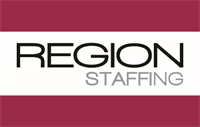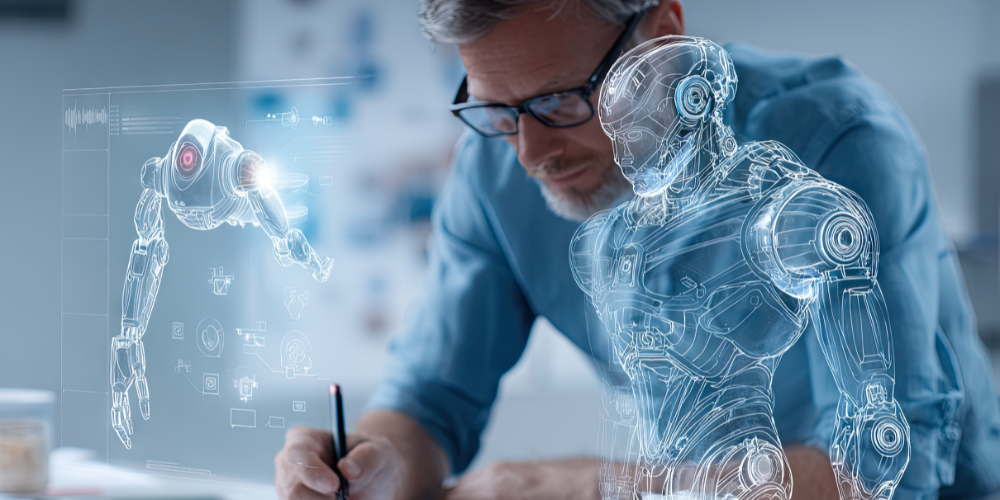The construction industry is at a turning point. Artificial Intelligence (AI) and automation are no longer fancy words. They are actually changing how companies find workers, manage teams, and complete projects.
Simultaneously, the sector is facing a major labor shortage. It needed more than 439,000 new workers in 2025 alone. This mix of challenges and opportunities is reshaping what construction hiring will look like in the years ahead.
Whether you are a contractor, a job seeker, or a McAllen staffing agency helping connect talent to employers, understanding how AI and automation will shape the next five years is essential to staying ahead.
Current Construction Labour Crisis
The construction industry is facing a tremendous workforce shortage. According to the Associated Builders and Contractors, 70% of construction companies struggle to find enough workers. This shortage is expected to worsen as over 20% of construction workers are over 55 and nearing retirement. The industry’s ageing workforce is creating a “silver tsunami” effect.
This labor crisis is occurring when the construction industry is witnessing a dramatic boom. Construction wages increased 21% between 2021 and 2024, which outpaced the 8.2% growth across all occupations. However, this wage increase has only yielded an 8.8% increase in construction employment. The gap between available workers and industry demand continues to widen, thereby creating an urgent need for technological solutions.
In regions like Texas, a McAllen staffing agency can play a significant role in bridging this gap. They will help construction firms find talent while the industry adapts to AI and automation.
AI and Automation are a Transformation, Not a Replacement!
Besides the fear of job replacement, AI and automation in construction are proving to be workforce improvers. Research suggests that approximately 49% of all construction tasks can be automated. However, this automation will create new opportunities rather than eliminating jobs entirely. The AI construction market is expected to reach $11.85 billion by 2029, growing at a compound annual growth rate of 24.31%.
Some contractors are also planning to increase investment in artificial intelligence. However, current AI usage remains selective as only 7% of construction firms have integrated AI completely. This leaves significant room for growth. For companies working to balance technology with talent, partnering with a McAllen staffing agency can help fill immediate workforce gaps.
The technology is being developed across multiple construction phases:
- Project Planning and Scheduling: AI algorithms analyze schedules, labor availability, and risk factors to improve efficiency.
- Autonomous Machinery and Robotics: AI-powered machines assist with repetitive tasks like excavation and material transport.
- Drones and Site Monitoring: AI-driven drones improve site surveying and safety monitoring with high-precision aerial imaging.
- Predictive Analytics: Machine learning predicts project risks by analyzing historical and real-time data.
Impact on Construction Employment
The employment impact of AI and automation is more delicate than simple job replacement. While some manual roles may be reduced, new positions are emerging:
1. Jobs at Risk
According to some research, 35% of laborer tasks, 50% of carpenter tasks, 42% of electrician tasks, 50% of plumber tasks, and 88% of operating engineer tasks could potentially be automated. However, this automation potential does not translate to immediate job loss but rather to task modification and role evolution.
2. New Opportunities Create
According to the World Economic Forum, AI will create 170 million new jobs while eliminating 92 million positions by 2030. This will result in a net gain of 78 million jobs globally. In construction, these new roles include:
- AI systems operators and maintenance technicians
- Data analysts specializing in construction metrics
- Robotics coordinators and troubleshooters
- Digital project managers
- BIM specialists with AI integration expertise
3. Productivity Gains
Automation in construction can increase productivity and reduce project times significantly. These efficiency gains allow companies to take on more projects. This will potentially offset job reductions in some areas with increased demand in others.
How are Staffing Agencies Adapting?
A McAllen staffing agency is undergoing its own digital transformation to meet evolving industry needs. AI adoption in staffing has led to a 30% improvement in time-to-hire. Moreover, firms using AI-enabled recruitment tools reported 50% higher placement quality.
Technological Integration in Staffing Operations
- Resume Screening and Candidate Matching: AI-powered tools now handle initial candidate screening, reducing regulatory errors by up to 65%. These systems can analyze candidate skills against job requirements more efficiently than manual processes.
- Predictive Analytics: A McAllen staffing agency is using AI to predict candidate success rates and job longevity. This allows for more accurate placements and reduced turnover.
- Digital Communication: Enterprise applications will feature embedded conversational AI to simplify candidate interactions. This ensures 24/7 availability while maintaining human oversight for complex decisions.
- Evolving Service Models: A McAllen staffing agency is shifting from simple labor placement to comprehensive workforce solutions:
- Skills-based hiring: They are moving beyond traditional qualifications to focus on specific competencies and adaptability to new technologies.
- Upskilling Programs: They partner with clients to provide training on emerging technologies like drone operations, BIM software, and robotics maintenance.
- Flexible Workforce Solutions: They provide workers trained in both traditional construction skills and technological proficiency.
Conclusion
AI and automation are driving the biggest shift in construction hiring since industrialization. While the industry struggles to meet workforce demands, technology promises higher productivity, safer worksites, and fresh career paths. Success will depend on a McAllen staffing agency that uses AI-driven recruitment, invests in upskilling, and supports hybrid skill development.
So, are you ready to explore the future of construction staffing with a partner who understands both traditional hiring and emerging technological needs? Connect to Region Staffing, a McAllen staffing agency today.

